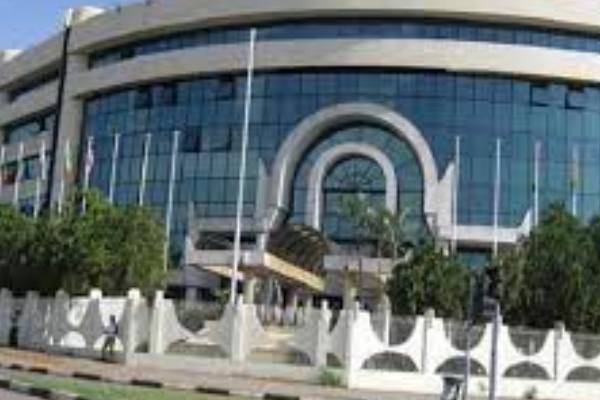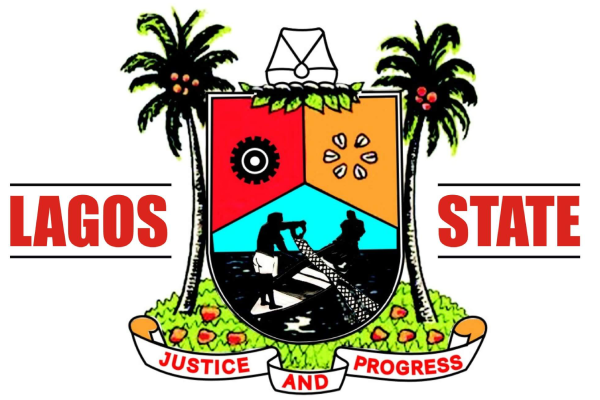25 women from the Economic Community of West African States subregion, are undergoing a training programme on peace and security.
The training will taking place in Abuja, providing participants with leadership skills to enhance their capacity to lead in the promotion of the women, peace and security agenda inthe ECOWAS region.
The adoption of the landmark united nations security council resolution on women, peace and security in the year 2000, came with an increased drive to integrate gender perspectives into the peace and security discourse, policy and practice.
Twenty years after the passage of the resolution, it is now widely accepted that it is essential to incorporate gender perspectives into governance and human rights principles in all sectors.
This would enhance institutional and operational effectiveness by responding to the specific needs, concerns and aspirations of men and women.
In recent years, the conversation has moved beyond increasing female representation to achieving meaningful participation of women in peace and security processes, whether among troops or missions, at international peace negotiations, in national governance structures or in local-level community activism.
One of the key strategies in achieving this is to promote women in leadership positions in order to influence decision making, promotion of rights and equal opportunities for women in peace and security processes.
In this regard, the Kofi Annan International Peacekeeping Training Centre has developed an annual training programme on leadership and mentoring for female leaders in peace and security architecture.
This year’s workshop taking place in Abuja, Nigeria has participants from operational-level personnel in partner organizations within the ECOWAS sub-region.
The Training will equip the participants with the requisite knowledge and skills set which will enable them effectively provide leadership monitoring for women, peace and security actors in the region./
The training for Women on Peace and Security is instructive following the growing insecurity within the region from non-state actors which has affected Women and Children more in its severity.





